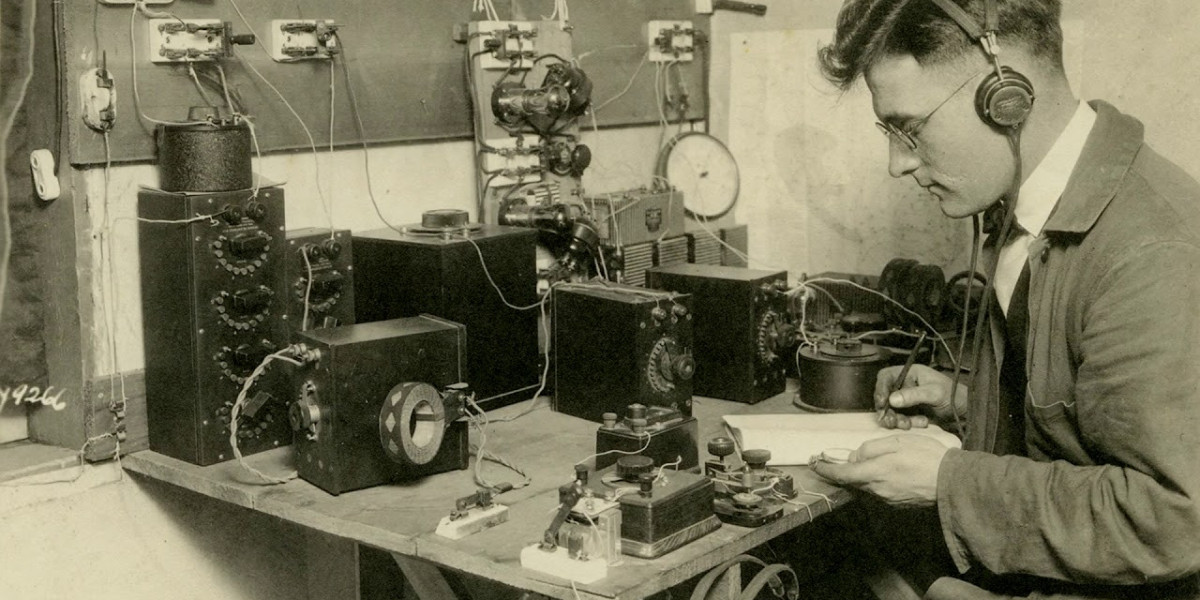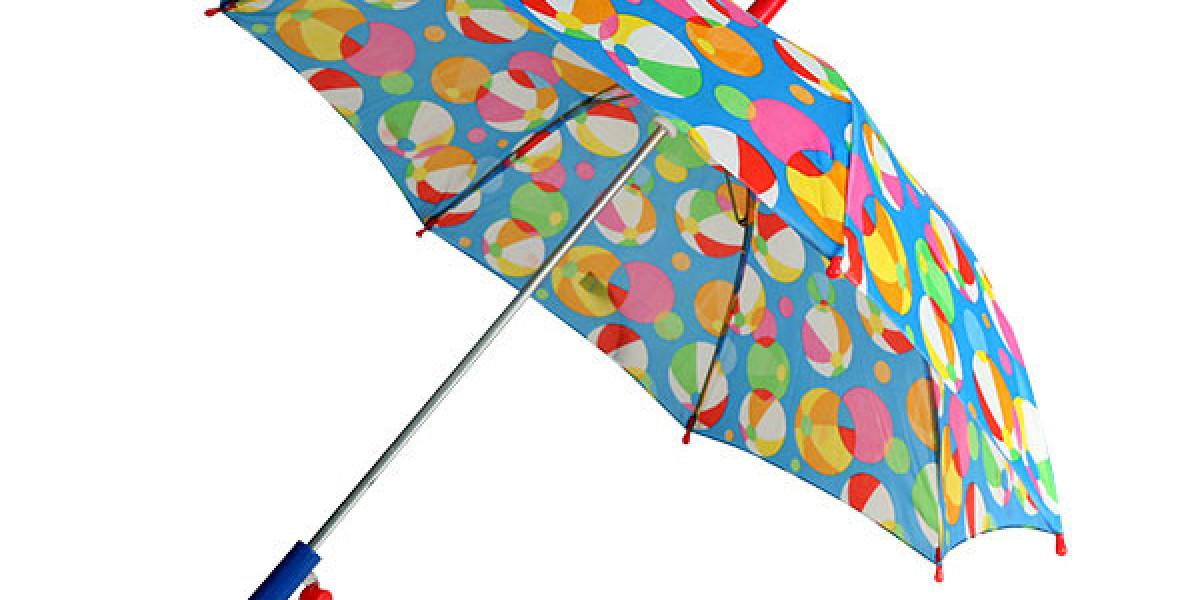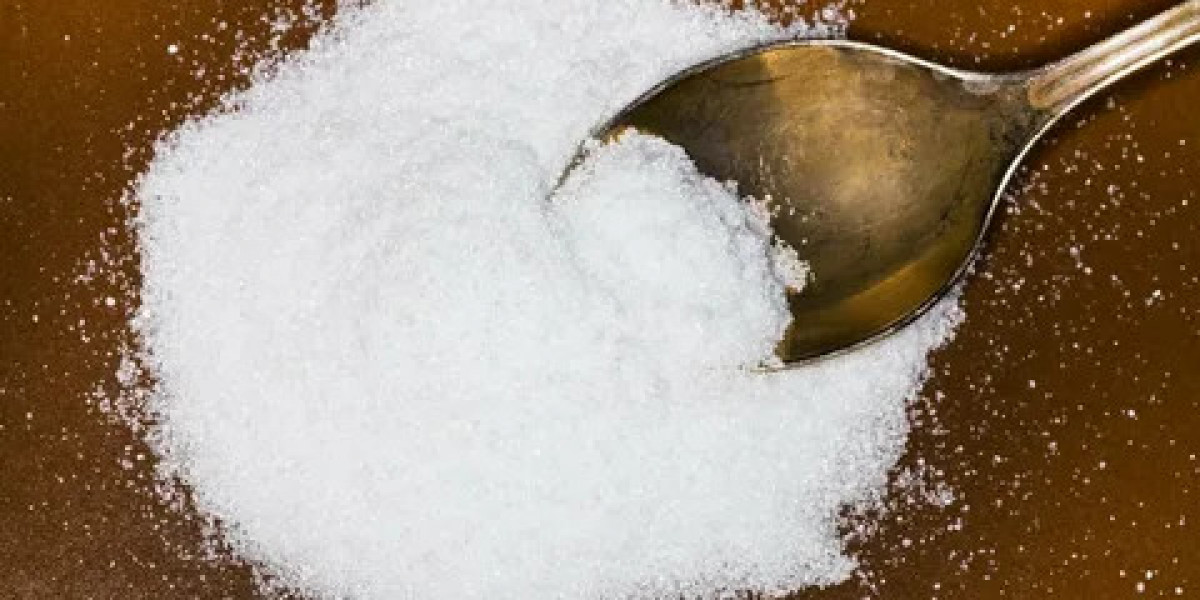Mycelium, the root-like structure of fungi, has emerged as a game-changing material in various industries. Known for its exceptional versatility, biodegradability, and sustainable properties, it has garnered substantial attention from researchers, innovators, and investors. The growing demand for eco-friendly alternatives to conventional materials is driving significant developments in the mycelium market, paving the way for novel applications and industries.
Current Market Trends
Eco-Friendly Packaging Solutions
One of the most prominent applications of mycelium is in sustainable packaging solutions. Companies like Ecovative Design and MycoWorks are developing innovative packaging materials to replace single-use plastics and polystyrene. This has gained traction among global brands looking to reduce their environmental footprint. Major collaborations between these firms and businesses in the consumer goods, food, and cosmetics sectors indicate the rising adoption of mycelium-based packaging solutions.
Biofabrication and Textiles
The fashion and apparel industry is exploring mycelium-based alternatives to traditional leather. Startups such as Bolt Threads and MycoWorks are creating lab-grown mycelium materials that mimic the texture, appearance, and durability of leather. Brands like Stella McCartney and Adidas have already launched products made with mycelium, aligning with sustainability goals and vegan trends.
Food and Beverage Applications
As consumer preferences shift towards plant-based diets, mycelium is finding its place in alternative protein products. Companies like Meati Foods and Atlast Food Co. have developed meat substitutes and protein-rich foods using mycelium, promising a sustainable future for the food industry. Myceliums fast growth and nutritional properties make it an attractive ingredient for creating healthy and ethical food options.
Biocomposites in Construction
Mycelium-based biocomposites are becoming increasingly relevant in the construction industry. With a focus on renewable and biodegradable materials, mycelium can be used to create sustainable bricks, insulation, and lightweight panels. These materials not only reduce carbon footprints but also provide enhanced thermal performance and fire resistance.
Advances in Biotechnology and Medicine
Myceliums natural properties have made it a valuable asset in the fields of biotechnology and medicine. Researchers are investigating its potential in creating biodegradable medical devices, drug delivery systems, and antibiotics. Its antimicrobial and antioxidative properties further highlight its role in future medical advancements.
Key Growth Drivers
Several factors are driving the growth of the mycelium market:
Sustainability Trends: Rising environmental concerns and regulations favor eco-friendly and biodegradable materials.
Technological Innovations: Advancements in biotechnology and bioengineering enhance the efficiency and scalability of mycelium production.
Investment Momentum: Increasing funding and partnerships fuel innovation and market expansion in diverse sectors.
Challenges and Opportunities
Despite its immense potential, the mycelium market faces challenges such as high production costs, scalability issues, and limited awareness among industries and consumers. Addressing these obstacles through increased investment, government support, and awareness campaigns can unlock new opportunities, ensuring the market's long-term growth.
Future Outlook
The mycelium market is poised for substantial growth, driven by its applications across multiple industries. As more companies and consumers adopt sustainable practices, the demand for mycelium-based solutions will continue to rise. Projections suggest a compound annual growth rate (CAGR) exceeding 10% over the next decade, with significant contributions from packaging, textiles, and food industries.
Conclusion
The developments in the mycelium market underline its transformative potential in addressing environmental challenges and fostering innovation. From sustainable materials and food alternatives to medical breakthroughs, mycelium stands as a beacon of hope for a greener future. As technology advances and awareness increases, mycelium is set to become a cornerstone of sustainable industry practices.










